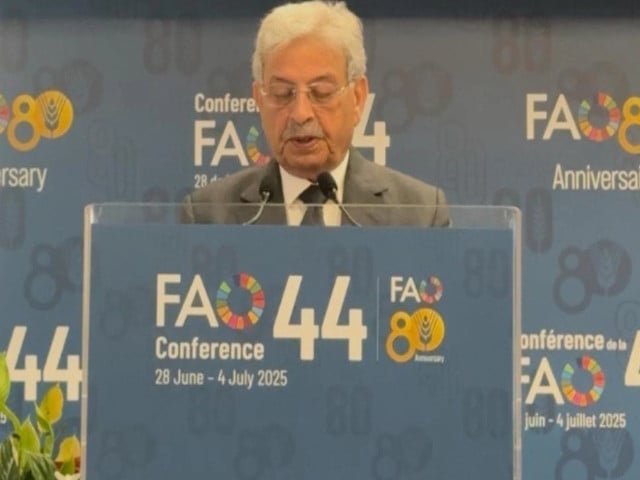China’s New K-Visa: A Bold Move in Tech Talent Recruitment
China is making headlines with its new K-visa program, launching this week. Designed to attract foreign tech talent, this initiative aims to bolster Beijing’s position in the global tech landscape—especially amid increasing competition with the United States. With the U.S. recently tightening its visa policies, many potential applicants are looking for alternatives, and this is where China positions itself as a welcoming option.
The K-visa specifically targets young STEM graduates, allowing them entry, residence, and employment in China without needing a job offer beforehand. This is significant for many foreign workers, especially those eyeing opportunities beyond the U.S. tech scene, which has seen its own hurdles, like the recent announcement that employers will need to pay hefty fees for H-1B visas.
Matt Mauntel-Medici, an immigration attorney, highlights a crucial point: "The symbolism is powerful," he says. While the U.S. raises barriers, China is actively lowering them. This contrast is likely to resonate with international tech professionals, especially from countries like India—who have historically dominated the H-1B landscape.
However, the K-visa isn’t without its limitations. While it provides a path, it lacks clarity on requirements. Language barriers present another hurdle, as many companies primarily operate in Mandarin, potentially alienating non-Chinese speakers. There’s also uncertainty regarding the long-term benefits, including permanent residency and family sponsorship.
Furthermore, China’s immigration policies have traditionally catered more to its own citizens abroad. While recent initiatives have included attractive perks, such as home-purchase subsidies, the focus has still been on drawing back native Chinese talent rather than broadly welcoming foreign experts.
Geopolitical dynamics play a role, too. India and China have had a complex relationship, and this could affect how many Indian applicants China is willing to accept. As Michael Feller, a geopolitical strategist, points out, for the K-visa to succeed, China must ensure that Indian citizens feel welcomed and can effectively contribute to the workforce.
In conclusion, while the K-visa program is indeed a strategic move for China, particularly in its competition with the U.S., its success will hinge on clarity of guidelines and the genuine ability to integrate foreign talent. This could be a transformative opportunity for tech professionals looking for new horizons. If you’re exploring the dynamic landscape of global talent mobility and wish to stay informed about such developments, consider checking out Pro21st for more insights and connections.





